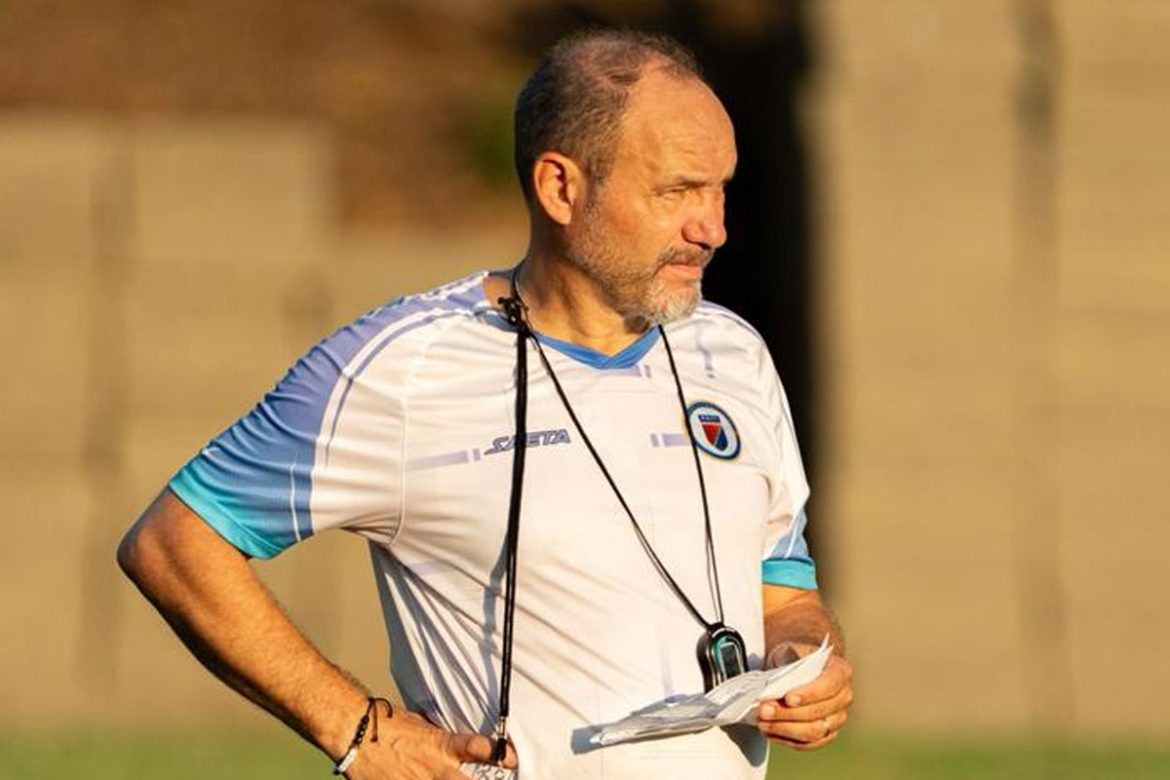In a remarkable achievement that brings excitement to Caribbean football, former Harambee Stars head coach Sebastien Migne has successfully led the Haiti national football team to the 2026 FIFA World Cup.
This monumental feat ends a 52-year wait for Haiti’s return to the world’s biggest football stage and marks only the second time the Caribbean nation has qualified for the tournament.
Migne’s journey as Haiti’s head coach began in March 2024, and despite never having physically been in the country due to ongoing civil unrest, he has managed to guide the team effectively.
With armed gangs controlling parts of Haiti, the national team has had to conduct its “home” matches in Curaçao, 500 miles away from their home ground. This unique situation has also resulted in Curaçao becoming the smallest nation ever to qualify for a FIFA World Cup.

Haiti secured their spot in the World Cup following an impressive performance in the CONCACAF qualifiers, where they finished atop Group I with 11 points from six matches, edging out second-placed Honduras by two points.
The decisive victory came against Nicaragua, solidifying their place in the prestigious tournament set to take place next summer in the United States, Mexico, and Canada.
Joining Haiti in the World Cup qualifiers are Panama, who triumphed over El Salvador with a 3-0 victory, and World Cup debutants Curaçao, which managed a goalless draw against Jamaica.
Haiti’s only previous appearance in a World Cup was in 1974, where they faced a difficult path, being eliminated in the group stage after losses to well-established teams like Italy, Poland, and Argentina. The upcoming tournament offers a chance for the Haitian squad to rewrite their World Cup history.

Despite the challenging circumstances surrounding his tenure, Migne has expressed his unwavering commitment to the team. “It’s impossible because it’s too dangerous,” he said in an interview with France Football Magazine, discussing his inability to visit Haiti due to security concerns. “I usually live in the countries where I work, but I can’t here. No more international flights are landing in Haiti.”
To manage the team amid these difficulties, Migne has relied heavily on remote communication with officials from the Haitian Football Federation. “They gave me information, and I managed the team remotely,” he explained, showcasing his adaptability as a coach under trying conditions.
Migne’s remarkable coaching history adds to the significance of this achievement. In 2019, he famously guided the Kenyan national team, the Harambee Stars, to the Africa Cup of Nations (AFCON) in Egypt, ending a long 15-year wait for qualification. Unfortunately, the team was eliminated in the group stage, though they did secure a notable win against Tanzania.

However, following a disappointing exit and subsequent loss in the 2020 CHAN qualifiers, Migne was dismissed just weeks after the AFCON tournament. Since his departure, Kenya has struggled, failing to qualify for three consecutive AFCON tournaments.
Sebastien Migne’s historic achievement with Haiti reflects his resilience and innovative approach to coaching in the most challenging of situations. As the world looks forward to the 2026 FIFA World Cup, Haiti will aim to make their mark and create a new chapter in their football history.

